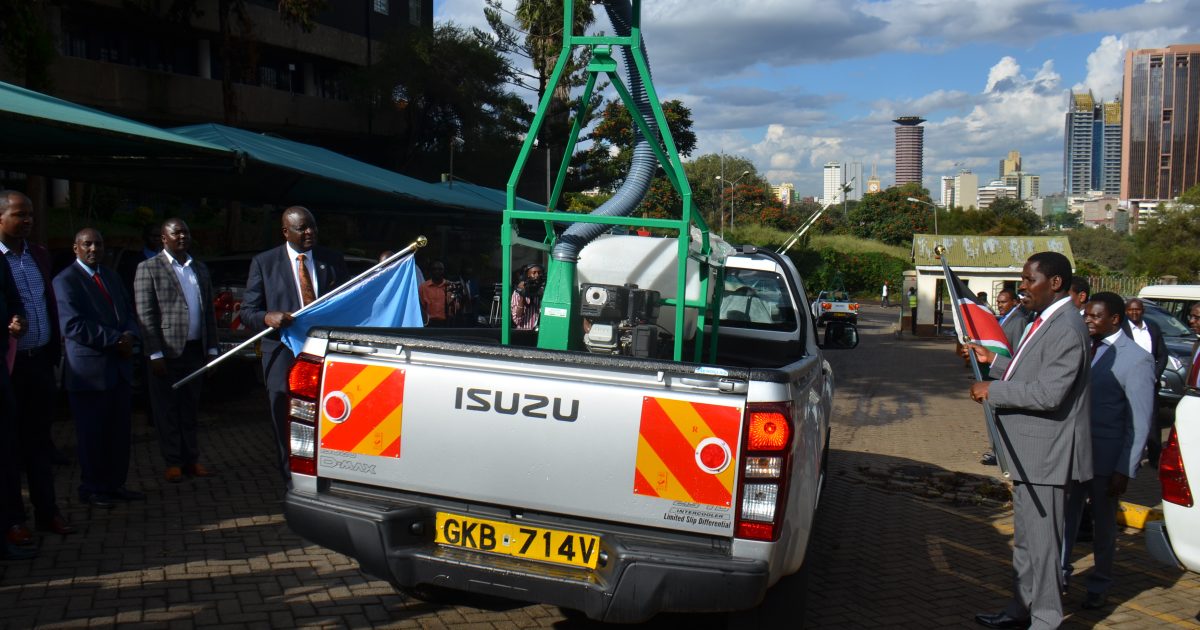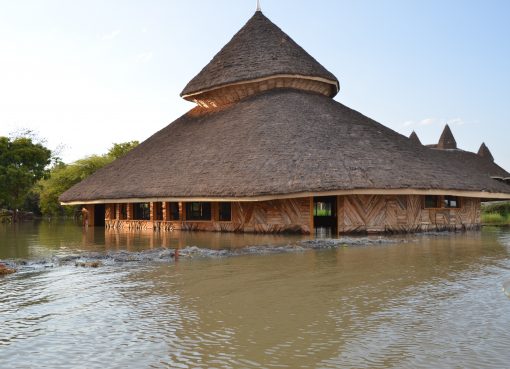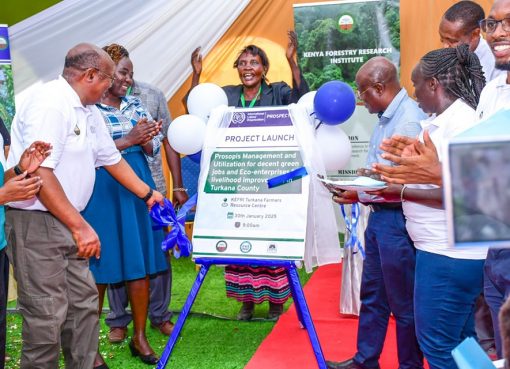Agriculture Livestock, Fisheries and Cooperatives CS Peter Munya has flagged off 52 vehicles to combat desert locusts in 21 counties.
Flagging the double cabin vehicles at Kilimo House grounds Wednesday, Munya said the World Bank through the National Agricultural and Rural Inclusive Growth Project (NARIGP) provided the vehicles to be distributed across counties to help farmers increase agricultural productivity and profitability in a five year US$219 million project.

He said the other 10 vehicles mounted with sprayers for desert locust control provided by FAO will be distributed to Arid and Semi-Arid Lands in Wajir, Isiolo, Marsabit, Masinga, Garissa and Lodwar to combat locust menace in the areas.
Munya said the ministry is the process of completing the sourcing for 100,000 litres of pesticides required for both aerial and ground spraying, noting that the delay had been occasioned by the outbreak of the coronavirus pandemic.
“We plan to increase the spray aircrafts to at least 20, ten of which will be for spraying, while the other remaining half will be used for surveillance in collaboration with development partners including FAO. We will also acquire 20 vehicles equipped with suitable sprayers for ground control mainly on hatching hoppers,” he said.
The CS said the government has already trained a total of 1140 officers including extension officers and those for surveillance and management from the affected counties to combat the locust menace.
On the NARIGP project, Munya said currently the ministry has 12 ongoing projects across the country to facilitate and enable farmers to increase their incomes, agricultural outputs, value addition and boost household food resilience.

The NARIG project is being implemented in the counties of Turkana, Samburu, Makueni, Kitui, Embu, Meru, Kwale, Kilifi and Narok, Kirinyaga, Kiambu, Murang’a, Nakuru, Bungoma, Trans Nzoia, Nandi, Vihiga, Kisii, Migori, Nyamira and Homa Bay.
The CS also announced that the government has set up a subcommittee on food security to ensure there was adequate food supplies to Kenyans during this period when the country is fighting to contain Covid -19.
He said the committee will guarantee that food is available, accessible, affordable and safe for every citizen.
Munya disclosed that the government is currently identifying and mapping the food vulnerable citizens with a view to ensuring they have access to food, as well as step up systems and structures for monitoring food prices to mitigate arbitrary price increases.
The CS also assured farmers that the government will ensure they produce their goods and make them accessible to Kenyans.
“The government will ensure that all the necessary facilitation and support is provided to the farmers so that farming goes on, as we also look at their safety and health,” said Munya.
“I appeal to the private sector and our development partners to join hands with the government in our efforts to ensure that our vulnerable members of the society do not lack food, water and other necessities,” he said.
He said the coronavirus pandemic has had an adverse effect on the agricultural economy on both the local and international markets, thereby affecting the country’s produce and exports, particularly on the flower, horticulture, miraa, tea, coffee and avocadoes among others.
By Bernadette Khaduli




